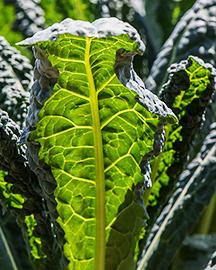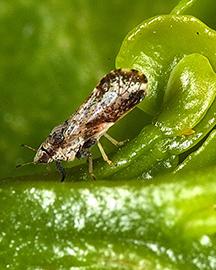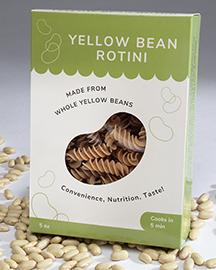A High Fruit Diet May Prevent Dementia

As the nation’s population ages, so does their cost for effective health care. One disease in particular, dementia, is known to impact older populations and proves to be one of the costliest to handle – an estimated $781 billion in 2025.
Faced with this challenge, ARS-funded researchers in Boston, MA, are researching ways that human nutrition could offset the advance of dementia’s debilitating effects on an aging population. Recently completed research suggests that plant-based diets that contain high amounts of flavonoids, naturally occurring bioactive pigments found widely in plant-based foods, show potential neurocognitive benefits. When scientists examined the associations between mid-life and late-life intake of flavonoid-rich fruits and risk of dementia, they observed that greater overall consumption of flavonoid-rich fruits in midlife was associated with reduced risk of developing dementia. Similarly, research showed that eating specific fruits later in life, including blueberries, apples, peaches, apricots, plums, and citrus fruits, may also have a protective role against developing dementia. Scientists across the globe have yet to offer conclusive evidence that one particular food item prevents dementia, but research has given a nod to eating plant-based foods with high amounts of flavonoids and their preventive and nutritional benefits.







